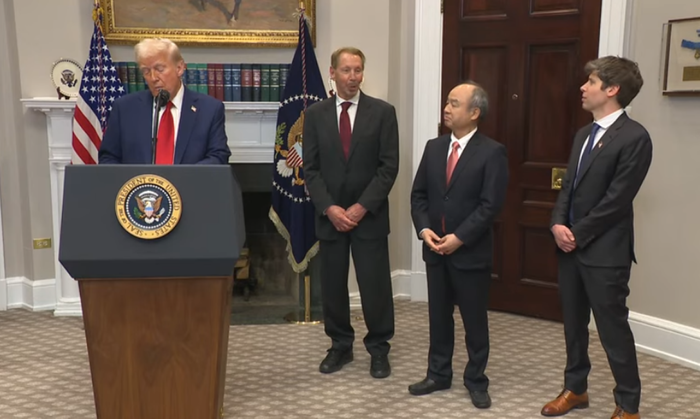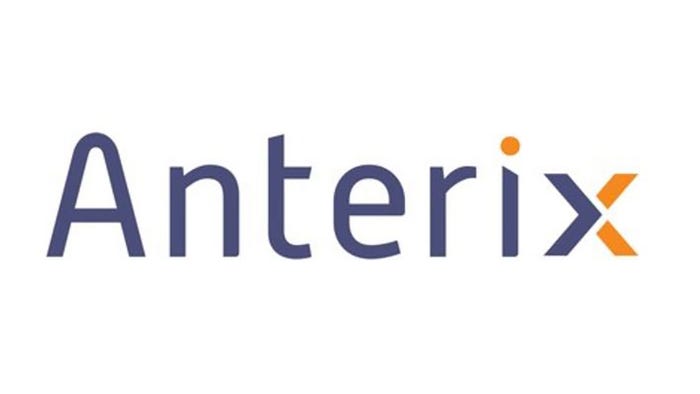T-Mobile makes 10-year commitment to free public-safety broadband, if Sprint merger is completedT-Mobile makes 10-year commitment to free public-safety broadband, if Sprint merger is completed

Public-safety agencies and their personnel would have access to free, unlimited talk, text and smartphone data at 5G speeds for 10 years via a Connecting Heroes initiative announced yesterday by “New T-Mobile,” but the offering will become a reality only if T-Mobile’s proposed merger with Sprint is closed, according to T-Mobile officials.
T-Mobile officials said Connecting Heroes and two other announced “Un-carrier” initiatives—one to give students free access to the Internet when their families cannot afford a connection and another low-cost service plan available to anyone—would be enabled by the Sprint merger. With a completed merger, New T-Mobile could leverage significant spectrum assets and $43 billion in synergy savings to help build a nationwide wireless network with 14 times more capacity than the current T-Mobile 4G system to support the announced offerings.
T-Mobile President and COO Mike Sievert said the proposed first-responder plan is designed to be an alternative to FirstNet, the nationwide public-safety broadband network being built by AT&T—particularly for public-safety agencies that lack a budget for broadband wireless service today.
“It’s not a FirstNet competitor; it’s an AT&T competitor,” Sievert said during a T-Mobile conference call announcing the proposals. “We applaud FirstNet and the initiative behind it, but the bottom line is that AT&T won that bid, and they’re planning to monetize our first-responder community by overcharging them.
“Our view is that the New T-Mobile brings competition to everybody, and that means bringing competition in this space to AT&T. Our thought is that, with the values of our company, somebody has to address the budget gap that first responders have. We can, because of the massive capacity of this new company, so we will.”
T-Mobile CEO John Legere said that proposals like the Connecting Heroes initiative are “what the Un-carrier does” and should serve as an example for other carriers that serve the first-responder community.
“We solve pain points. We cause disruption. We try to get others to do what we do,” Legere said during the conference call. “So, 100%, we urge AT&T to give free service to first responders. We urge Verizon to give free service to first responders. I’m not sure that was the FirstNet business plan.
“So, AT&T, I agree—first responders should be treated as heroes. We’re not trying to copy you, we’re trying to give you a better example of what to do with your newfound capabilities with a section of customers that really need your help. If not, they know where they can come, and we are going to love having them here.”
AT&T questioned the timing and motivation of T-Mobile’s public-safety proposal, noting that T-Mobile is still trying to convince 15 state attorneys generals to approve the merger with Sprint before the states’ lawsuit to block the deal goes to court on Dec. 9.
“We have a deep and genuine commitment to connecting first responders and using technology to enrich education, not marketing stunts contingent on getting something approved,” an AT&T spokesperson said in a prepared statement provided to IWCE’s Urgent Communications. “If they [T-Mobile officials] believe it’s critical to offer free access to these communities, they would do it today, no conditions or questions asked.
“The communications needs of first responders are not a bargaining chip—they are a critical lifesaving tool. FirstNet was born to provide the reliability, capability and accountability that the public safety community requires to carry out its life-saving missions. To think that they can turn serving first responders into a marketing ploy, T-Mobile reveals how little they know about what public safety fought for.
“That’s why FirstNet is more than a service plan; it’s a robust, dedicated platform built specifically to serve and advance the first-responder community over the next 20 or more years.”
When asked whether New T-Mobile would make investments necessary to make the proposed new network as reliable as public-safety agencies need, Sievert offered no specific strategies but indicated that such efforts are possible with $60 billion in network improvements planned during the next six years.
“We’ll be spending it on capacity, but of course we’ll be spending it on those kinds of initiatives, as well, because these connections are so important,” Sievert said. “So, hardening the network and making it increasingly reliable over the years … continue to be a priority of ours. We’ve done a nice job in that area, but there’s so much more we can do. This new company has the financial resources to get it done.”
Both FirstNet with AT&T and Verizon offer public-safety users prioritized and preemptive access to their first-responder LTE network cores—a physically separate core for FirstNet and a virtualized core for Verizon—and both of those carriers promise that public-safety data speeds will not be throttled.
T-Mobile officials stated that public-safety data traffic associated with Connecting Heroes would have the “highest priority” on the New T-Mobile network and would not be subject to throttling or data caps. There was no mention of a separate public-safety core—physical or virtual—to support the Connecting Heroes initiative during the T-Mobile call.
When asked about preemption—the process of potentially kicking off a commercial customer to provide access to a first responder during times when a network cell is operating at full capacity—a T-Mobile official indicated during the conference call that preemption already is available on T-Mobile. However, preemption functionality had never been announced by T-Mobile previously, and some media reports subsequent to the call indicated that T-Mobile acknowledged that it does not offer preemption capabilities on its network.
Of course, the Connecting Heroes initiative only will be offered by New T-Mobile, which means the offering is dependent up T-Mobile completing its merger with Sprint. The merger has cleared all regulatory hurdles at the federal level—the FCC approval was formally released earlier this week—but the deal is being challenged by 15 states, which have filed a lawsuit that is scheduled to be heard in court beginning Dec. 9.
Legere repeatedly emphasized that the “Un-carrier” proposals announced yesterday did not represent a settlement with the states opposing the merger, but he expressed hope that the new offerings would provide the states with an indication that New T-Mobile will provide the competition sought by states and address key “pain points.”
One aspect of yesterday’s announcement that is not subject to the Sprint merger is that T-Mobile will begin providing 5G service over its 600 MHz spectrum beginning Dec. 6, with 5G initially being available to more than 200 million people in the United States. If the Sprint merger is completed, New T-Mobile would overlay 5G service via Sprint’s 2.5 GHz mid-band spectrum—as well as millimeter-wave spectrum licensed to T-Mobile—to greatly enhance the broadband capacity of the network, according to T-Mobile CTO Neville Ray.




_Zoonar_GmbH_Alamy[1].jpg?width=700&auto=webp&quality=80&disable=upscale)
